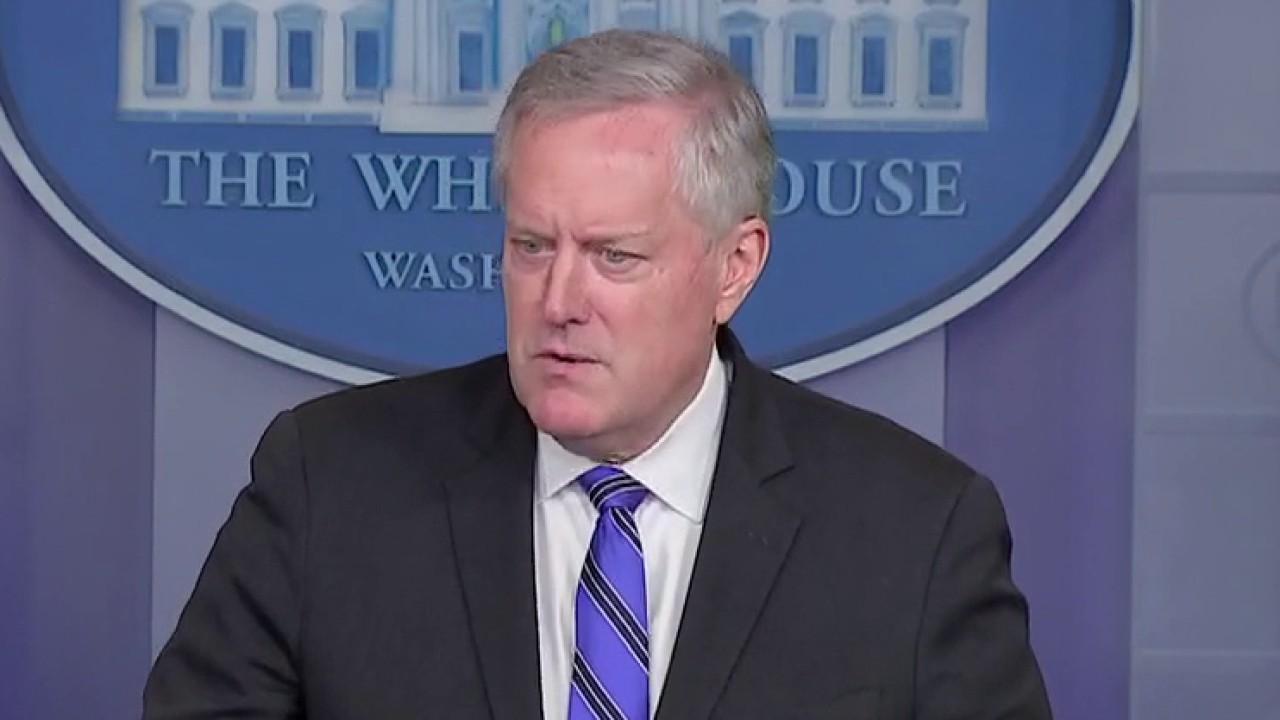Unemployment benefits calculator: How much money could you receive under GOP proposal?
Unemployment recipients would receive federal money in addition to their state benefits
The supplemental $600-a-week unemployment benefits, a key lifeline for millions of Americans who lost their jobs during the coronavirus pandemic, officially expires Friday with no congressional agreement in place to extend the aid.
Negotiations over the next round of emergency funding came to a standstill this week, despite most Republicans and Democrats agreeing that another aid package is needed for families and businesses still reeling from the crisis.
WHITE HOUSE, REPUBLICAN PROPOSAL CUTS JOBLESS AID FROM $600 TO $200
One of the biggest points of contention between the two parties is whether to extend the sweetened jobless aid. The Senate adjourned Thursday evening without reaching a deal; discussions will continue over the weekend until lawmakers return to the Capitol on Monday.
Senate Republicans are, for the most part, backing the HEALS Act that Senate Majority Leader Mitch McConnell unveiled Monday. Among other measures, the legislation would extend (but substantially reduce) federal unemployment benefits from $600 to $200 a week until states could adopt a more complicated system that would cap the aid at 70 percent of a worker's former salary.
Under the Republicans' proposal, the extra $200 per week in unemployment aid would last through September, giving states a little more than two months to adapt to the new system. Beginning in October, that payment would be replaced with an amount that was calculated based on the recipient's former salary, with no check exceeding $500, according to a memo from the Senate Finance Committee.
CALCULATE HOW MUCH MONEY YOU'D RECEIVE FROM THE SECOND STIMULUS CHECK HERE
If states are unable to get their unemployment programs up to speed by the end of September, they can apply for a waiver from the Department of Labor to continue paying a fixed dollar amount for up to two more months, the memo said.
In October, that extra payment would count as income when determining eligibility for federal low-income programs.
Unemployment recipients would receive the federal money in addition to their state benefits, the size of which varies by state. For instance, the maximum weekly benefit check in New York is $504. That would increase the weekly limit to $1,004. The maximum weekly benefit check in Massachusetts is $823, while the maximum in Mississippi is just $235.
You can use this free calculator to estimate how much money you would receive under the GOP's proposal.
NEARLY HALF OF US JOBS LOST TO CORONAVIRUS COULD BE GONE PERMANENTLY, POLL FINDS
When the $600 a week sunsets on Friday, the typical unemployment check will return to an average of $330 per week, a significant benefit cut for individuals collecting the aid. More than 30 million Americans, or roughly one in five workers, are receiving unemployment benefits, according to Labor Department data.
The end of the $600 a week will drain about $15 billion per week from the economy, according to one estimate from the Century Foundation, raising fears of a "fiscal cliff" that will hurt both individual households and the economy's recovery. Consumer spending accounts for about two-thirds of the nation's GDP, the broadest measure of goods and services produced in the country.
For the past 19 weeks, jobless claims have continuously topped 1 million; before the pandemic, the record high was 695,000 set in 1982.
GET FOX BUSINESS ON THE GO BY CLICKING HERE




















